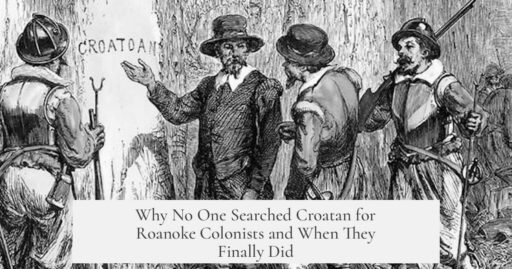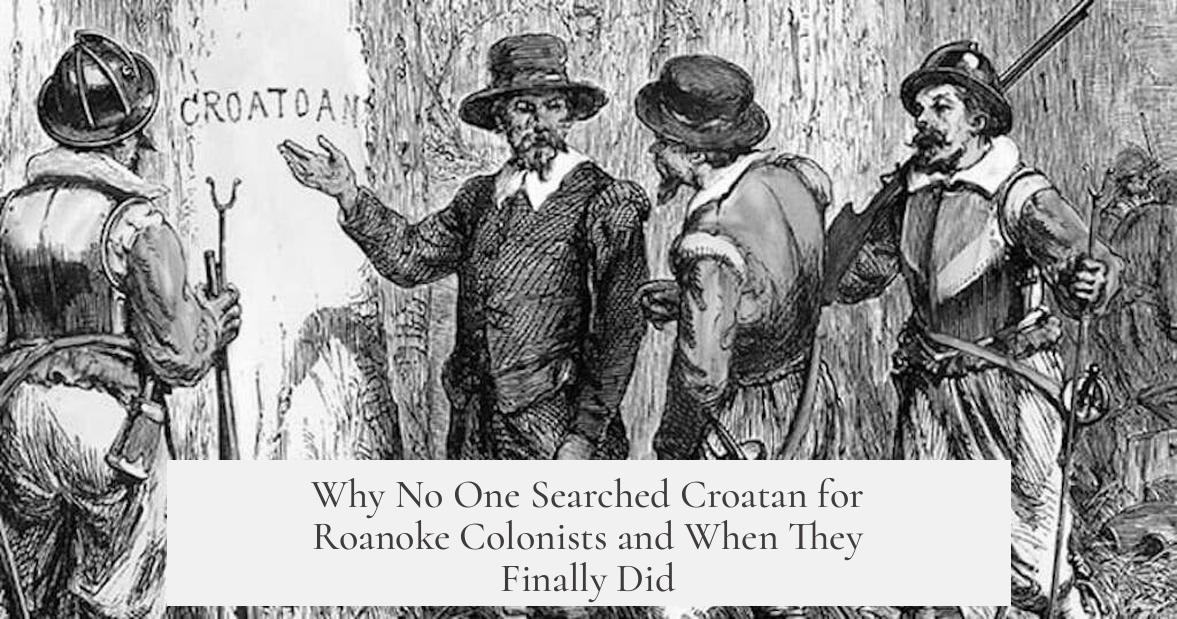Rescue efforts to locate the Roanoke colonists, including any potential survivors in Croatan, did not commence promptly because political, military, and logistical challenges delayed and ultimately prevented immediate follow-up expeditions. The outbreak of the Spanish Armada crisis and resulting English naval policies kept rescue ships grounded, and political rivalries obstructed authorization and organization of relief missions.
The Roanoke colony, established as an English attempt to settle North America, was left isolated after Governor John White’s 1587 departure to England for supplies and aid. White, deeply concerned for the colonists, including his daughter and newborn granddaughter, sought swift approval to return with necessary provisions. He hoped to rescue the settlers left behind, possibly relocated near Croatan, an island south of Roanoke.
Despite White’s efforts, immediate rescue did not occur. On October 9, 1587, orders from the English crown halted all unauthorized ships from leaving port. This embargo was primarily due to the looming threat of the Spanish Armada, which demanded the concentration of ships and sailors for national defense. England anticipated a naval invasion and restricted maritime travel, severely limiting any relief effort to the isolated colony.
Political factors further hindered rescue missions. Sir Walter Raleigh, the colony’s sponsor, faced opposition within the English Privy Council. His enemies effectively stalled plans to send rescue ships. Although Raleigh tried to authorize a pinnace to supply the colony, his fleet was reallocated under the control of Sir Francis Drake and reassigned to naval duties against Spain. These political maneuvers prioritized military preparedness over colonial support.
Even Captain Grenville, who had assembled a squadron intended to sail to Virginia, had to stand down due to new orders redirecting his fleet to defense duties. This left the colonists with no organized relief attempts during the critical year of 1588. Raleigh’s inability to secure support or dispatch ships left White’s original colony effectively forgotten by English authorities focused on the Spanish threat.
No documented expedition sought the colonists at Croatan—or even Roanoke itself—immediately after 1587. The embargo and military crisis diverted attention and resources. White and Raleigh maintained hope but lacked the means to act quickly. The English crown’s strategic priorities sidelined colonization efforts in favor of wartime defense.
| Year | Event | Impact on Rescue Efforts |
|---|---|---|
| 1587 | John White departs Roanoke for England to get supplies | Colony left isolated; White tries to organize rescue mission |
| Oct 9, 1587 | Crown order halts unauthorized navigation due to Spanish Armada threat | Relief missions grounded; ships withheld from sailing |
| 1588 | Raleigh’s fleet reassigned to naval defense; rescue plans fail | No relief to Roanoke or Croatan; political rivalry stalls action |
After the Spanish Armada crisis subsided, later expeditions to Roanoke eventually took place, but the timeline reveals a critical window of neglect lasting at least a year or more. White’s knowledge ended with uncertainty and no direct evidence of follow-up visits to Croatan immediately after 1587. Recorded histories imply the colonists remained unvisited for an extended period due to wartime restrictions and English political distractions.
Thus, the absence of immediate expeditions to Croatan was not from a lack of concern but due to compelling military priorities, political obstacles, and communication limits. The colony’s fate became entangled in England’s broader conflict with Spain and court intrigues delaying critical rescue attempts.
- Spanish Armada preparations instituted a maritime embargo blocking rescue voyages.
- Political rivalries within the English court prevented Raleigh from rallying support.
- Fleet reassignment to defense roles left no naval resources free to aid the colonists.
- No recorded attempt to check Croatan happened immediately after 1587.
- Later expeditions occurred only after political and military pressures eased.
Why Did No One Immediately Go to Croatan to Look for the Roanoke Colonists—or When Did They Finally Check Roanoke?
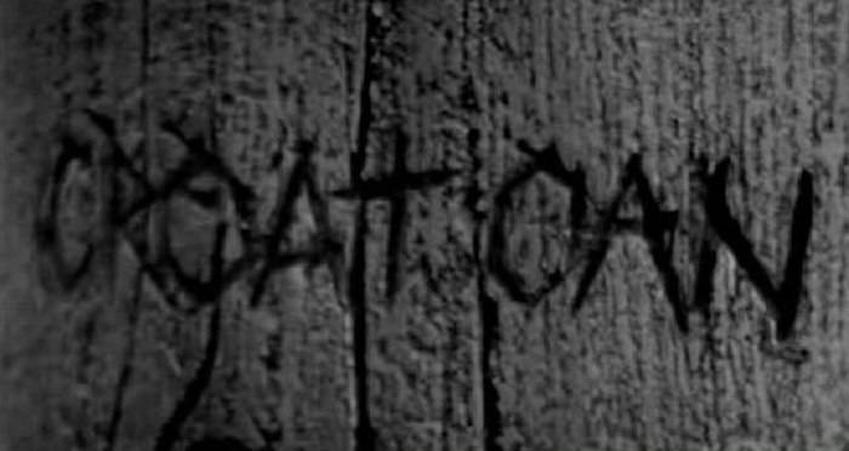
The short and honest answer is this: Despite desperate hopes and well-intended plans, no one managed to check on Croatan or rescue the Roanoke colonists promptly after their mysterious disappearance. The tangled web of politics, war, and royal orders pinned ships to port, leaving the settlers stranded and their fate as puzzling as ever.
Now, let’s unpack this story like a treasure map. Spoiler: no X marks a quick rescue.
Governor John White’s Daring Yet Doomed Rescue Plans
Governor John White, a man with a personal stake in this—his daughter and newborn granddaughter were among the missing—left Roanoke in 1587, hoping to gather supplies and return swiftly. His intention was clear: save the colony, bring his family to safety. With determination and duty, White headed for England to marshal resources for a rescue.
The spirit was undeniably there. Think of White as the anxious dad waiting by the phone. He set out orders, aligned with Sir Walter Raleigh, the big shot behind the colonial venture. Raleigh himself ordered ships to deliver supplies to the lonely settlers.
There was certainly momentum for a rescue mission. But alas, momentum hit a wall.
Enter the Spanish Armada and a Royal Straitjacket

October 1587: Just as preparations hovered on the brink of success, a royal decree dropped like a ton of bricks. Due to mounting tensions with Spain, which was assembling its infamous “Invincible Armada,” the English Crown ordered a freeze on all unauthorized ships leaving port.
Imagine planning a rescue but suddenly being told, “Nope, you can’t move your car because a parade’s coming.” That’s what it felt like for White and Raleigh’s circle.
The irony? The same men responsible for the colonies were now forced to become military commanders, redirecting their fleets toward defending England rather than saving lost settlers off the Virginia coast.
Sir Walter Raleigh was no saint here. Political enemies on the Privy Council used this crisis like an opportunity. The strict shipping ban conveniently blunted Raleigh’s influence, delaying any colonial relief.
Even worse, rescue ships got reassigned to Sir Francis Drake, taking priority over charitable missions. Naval power had become England’s chess piece against the Spanish threat, forcing all other missions—including saving colonists—to sit on the bench.
Why Wasn’t Croatan Checked Sooner?
If you think rescuers were sitting idle out of laziness, think again. The cold, hard military reality stranded the ships. No one simply “forgot” Croatan; rather, the Crown’s orders, political infighting, and the looming Spanish invasion made any relief mission impossible during 1588.
This is key: Croatan lies nearby the original Roanoke Island. If the colonists fled or moved there, no one was able to launch a timely search because England’s navy was pinned down at home.
White’s hopes never died. He agonized over his family left behind in the wilderness. But no ships sailed immediately to find out what happened. Croatan remained an unanswered question mark on the map for years.
When Did Anyone Eventually Check Roanoke or Croatan?
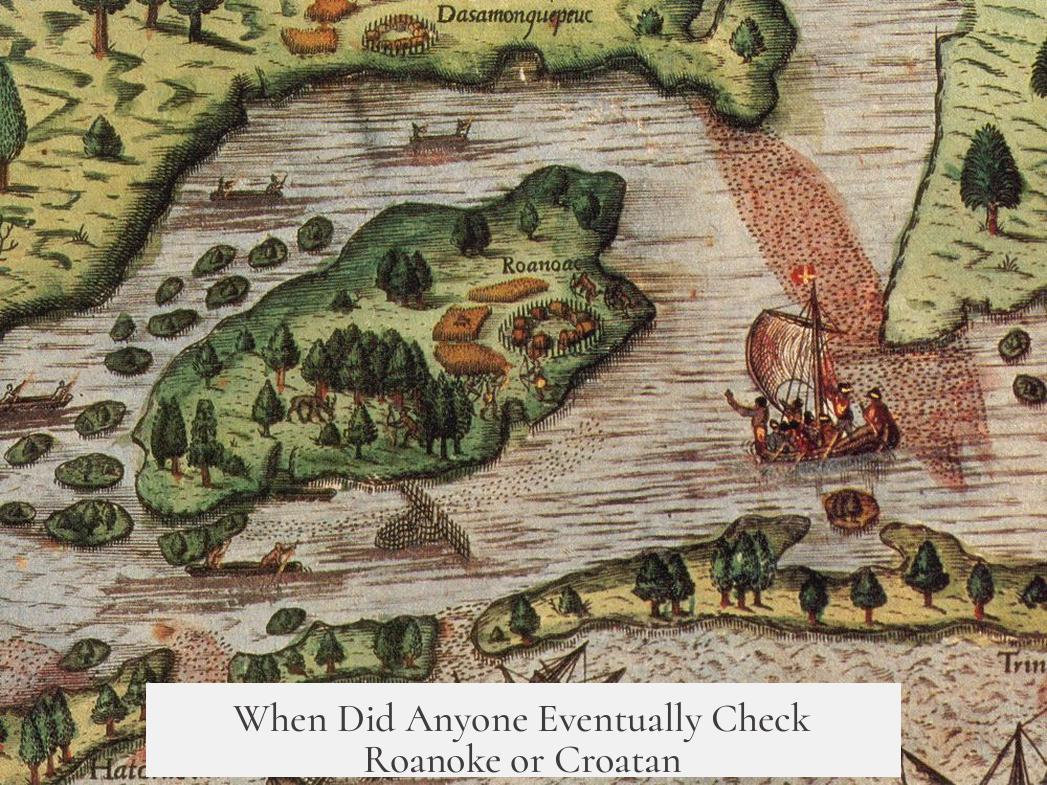
The historical record gets fuzzy after 1587–1588, but no immediate comprehensive searches or follow-ups on Croatan or nearby areas occurred in those critical months. The combination of military priorities and political games meant the colonists stayed a ghost story for decades.
In fact, some later expeditions attempted to find signs, but by then, the trail had long since gone cold. Without prompt action following the disappearance, leads grew stale. The absence of immediate relief seriously harmed chances of recovery.
So when was Roanoke “finally checked?” It’s tough to pinpoint a precise date for a thorough search right after the colonists vanished. What we do know is that the initial rescue efforts hit dead ends—not because anyone lacked will, but because of circumstance and timing.
What Can We Learn from This Historical Jam?
- Politics and war override even the best intentions. No rescue mission can succeed if the ships stay docked by royal command and political rivalries sap resources.
- Timing is everything. The colonists’ survival chances dwindled as months turned into years without relief.
- Personal stakes don’t always translate to successful missions. White’s determination couldn’t beat the geopolitical storm.
In other words, patience was not the virtue it needed to be in this case.
A Thought to Chew On
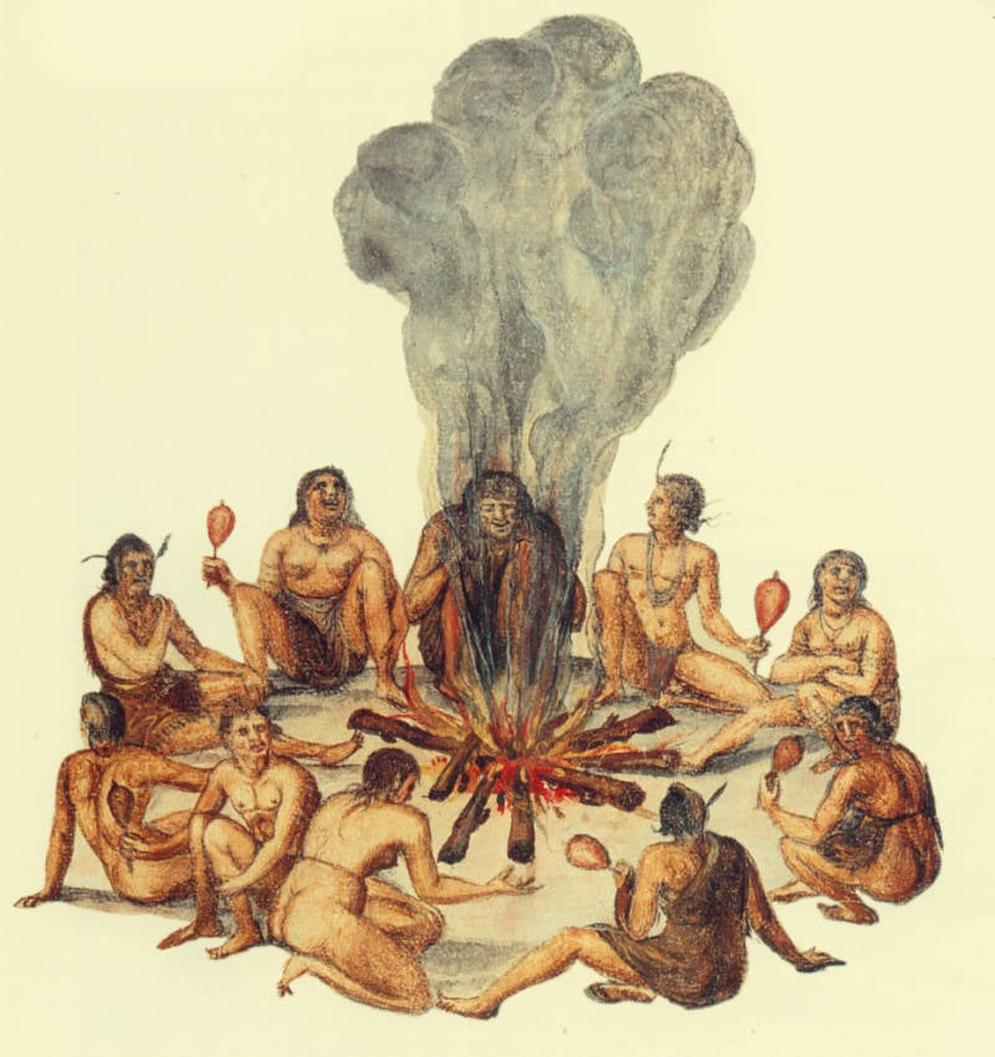
Imagine living in colonial times, knowing your family awaits rescue overseas. You petition kings and nobles, but the world around you shifts gears into war mode. What would you do? Would politics and politics alone have been enough to stop you from setting sail to look for those lost?
This mystery stretches beyond the missing colonists themselves. It highlights the fragility of early colonial ventures in the face of European power struggles and global conflict.
While modern readers might wonder why someone didn’t just sneak out in a small boat to search on their own, the reality was harsh: survival and victory for a kingdom took precedence over a handful of settlers far away.
Final Verdict
To sum it up boldly: Immediate rescue or search on Croatan was effectively impossible after 1587 because of the Spanish Armada threat, strict English crown orders stopping ships, and political intrigues that reassigned ships to defense rather than relief. Roanoke and Croatan were not checked in any meaningful way until much later, if at all, leaving the fate of those lost colonists a tragic historical enigma.
So next time you hear about the Lost Colony of Roanoke, remember: sometimes, it’s not the mystery itself but the messy circumstances around it that prevent us from finding answers.
